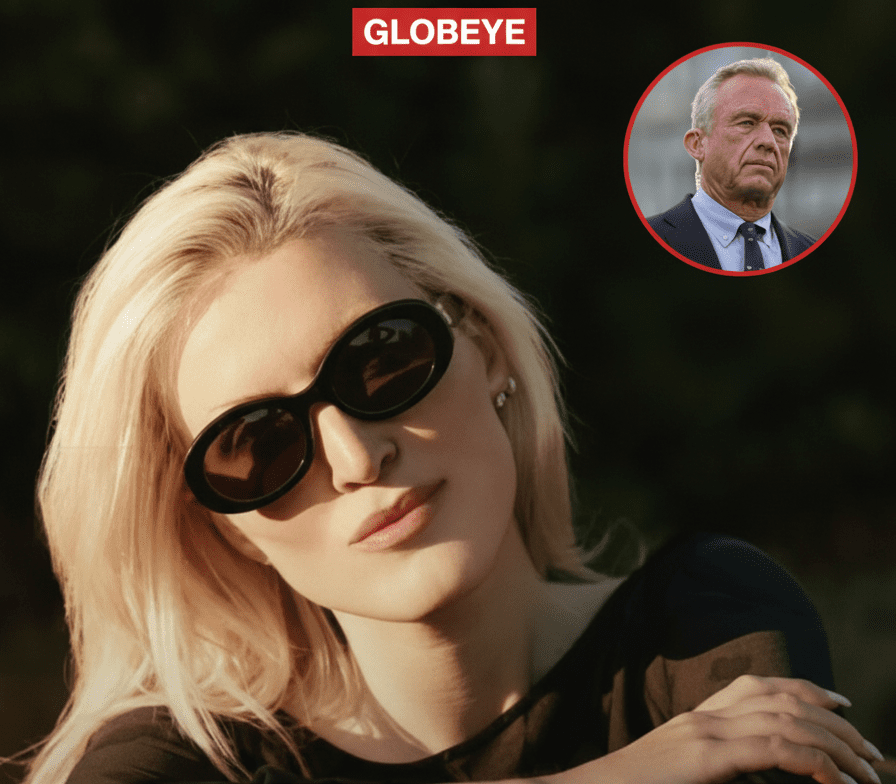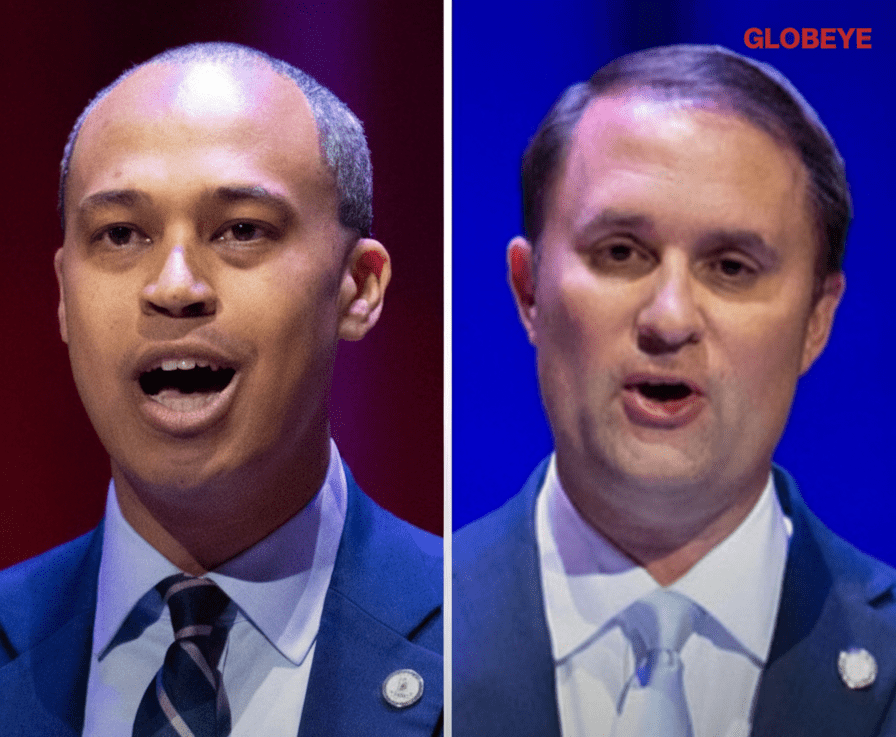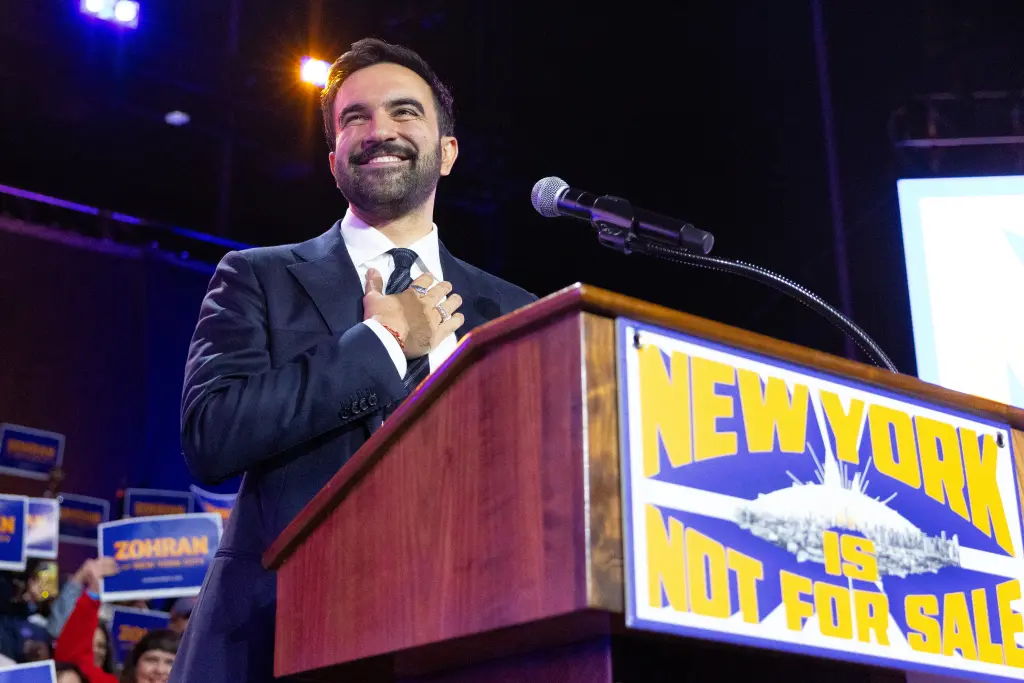Olivia Nuzzi’s Tell-All Book to Expose “Digital Affair” With Married RFK Jr. — Inside the Scandal That Rocked Politics and Media
Political journalist Olivia Nuzzi is back in headlines nearly a year after her name became synonymous with one of Washington’s most scandalous controversies. The 32-year-old Vanity Fair editor is reportedly working on a new book chronicling her alleged sexting affair with married Secretary of Health Robert F. Kennedy Jr., reopening wounds that shook both the media world and the political establishment.
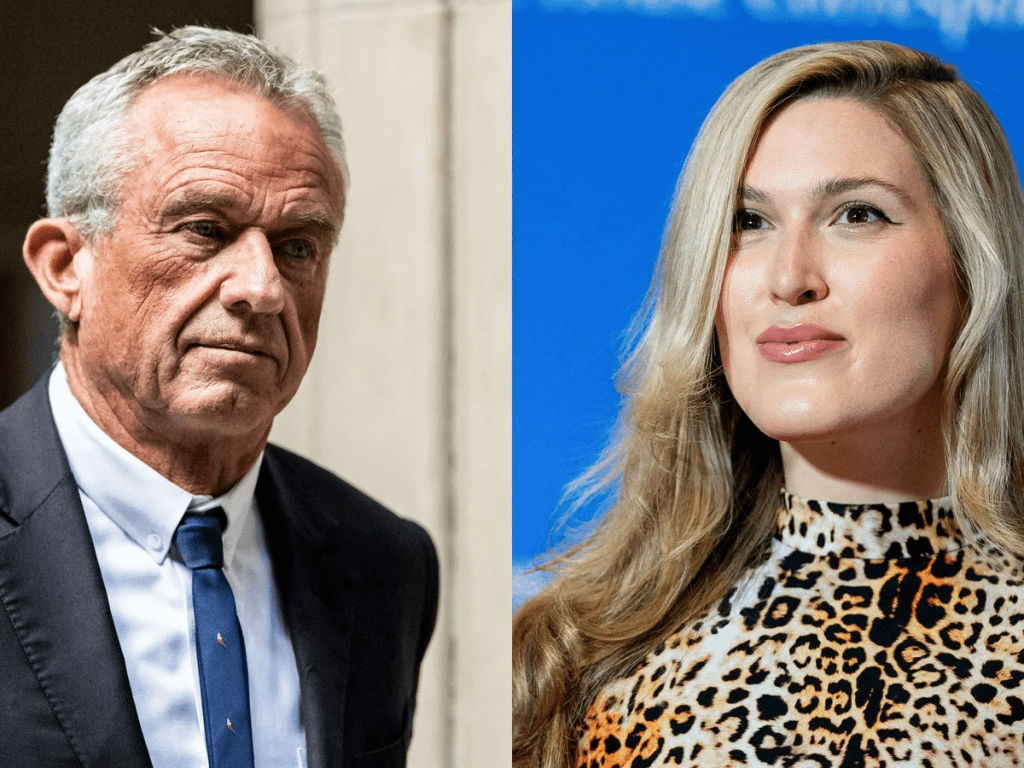
According to reports first surfaced by Status journalist Oliver Darcy, Nuzzi’s upcoming book will detail her digital relationship with Kennedy — an exchange of private messages that captivated political circles in late 2024. The story initially broke after leaked messages revealed intimate conversations between the then–New York Magazine reporter and the 71-year-old political figure. At the time, Kennedy, a member of one of America’s most famous political dynasties, had been serving in the Trump administration’s health department, and Nuzzi’s involvement with him raised immediate questions of journalistic ethics and propriety.
The fallout was swift. Nuzzi was placed on paid leave from New York Magazine after anonymous tips surfaced suggesting an undisclosed personal connection to Kennedy. Within weeks, she and the publication “mutually agreed” to part ways. The controversy didn’t end there — her engagement to fellow political reporter Ryan Lizza also collapsed amid the revelations.
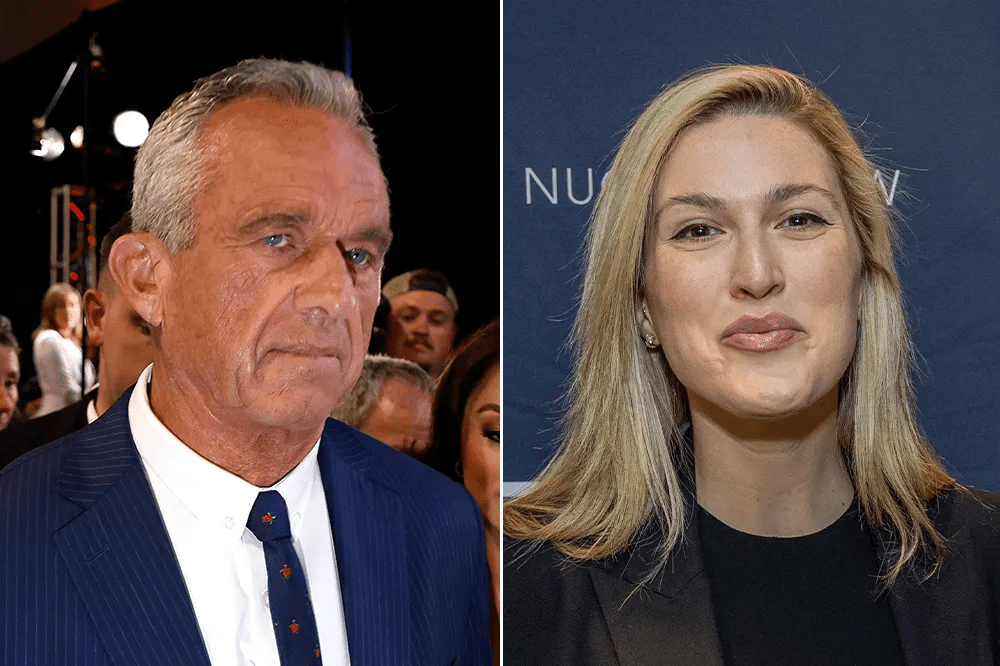
In a statement last fall, Nuzzi acknowledged the impropriety but firmly denied that her relationship with Kennedy was ever physical. “The relationship was never physical but should have been disclosed to prevent the appearance of a conflict,” she said, adding that she regretted the oversight and apologized to her colleagues. Kennedy, for his part, has insisted through a spokesperson that he met Nuzzi only once — during a professional interview.
Still, the scandal left an indelible mark on both reputations. For Kennedy, whose family history is marred by both triumph and tragedy, the headlines reopened discussions about his personal life and credibility. For Nuzzi, the situation became a professional reckoning — a moment that highlighted the increasingly blurred lines between power, access, and accountability in the modern media landscape.

Now, Nuzzi’s decision to write a book about the experience signals she may be attempting to reclaim control over her narrative. Described as a mix of memoir and political exposé, the project is expected to explore the emotional and ethical dimensions of her digital relationship with Kennedy, and the subsequent media firestorm that followed. Sources close to the journalist suggest the book will go beyond the sensationalism, addressing the complexities of power dynamics, media scrutiny, and personal vulnerability in Washington’s elite circles.

Eleven months after the scandal forced her departure from New York Magazine, Nuzzi resurfaced in September 2025 as Vanity Fair’s West Coast editor — a move seen by many as a calculated comeback. Yet with news of her tell-all project, she now finds herself once again at the center of controversy. Critics question whether her return to prominence reflects resilience or opportunism. Supporters, however, argue that her willingness to confront the past publicly demonstrates a level of transparency that few in her field would attempt.
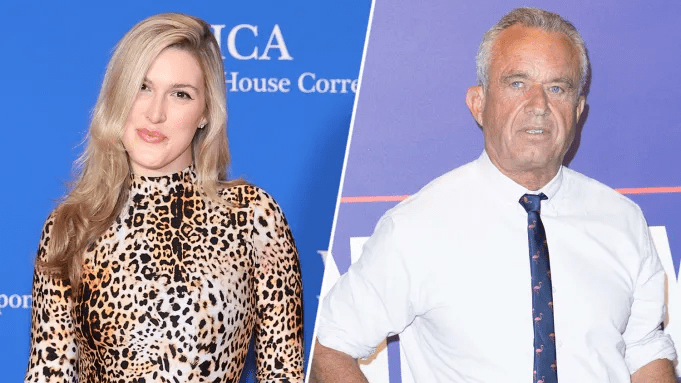
As for Kennedy, he has maintained a low profile since the scandal. His representatives declined to comment on the reported book, emphasizing that the secretary remains focused on his policy work. But for a public figure whose family has long been scrutinized by the press, the renewed spotlight threatens to reignite the same uncomfortable attention that defined the Kennedy legacy for generations.
The release date for Nuzzi’s book remains unconfirmed, but its impact is already being felt. In Washington — a city where image is everything — the story of a journalist and a political figure entangled in a digital affair continues to fascinate, divide, and remind the public how easily private messages can become public downfall.
